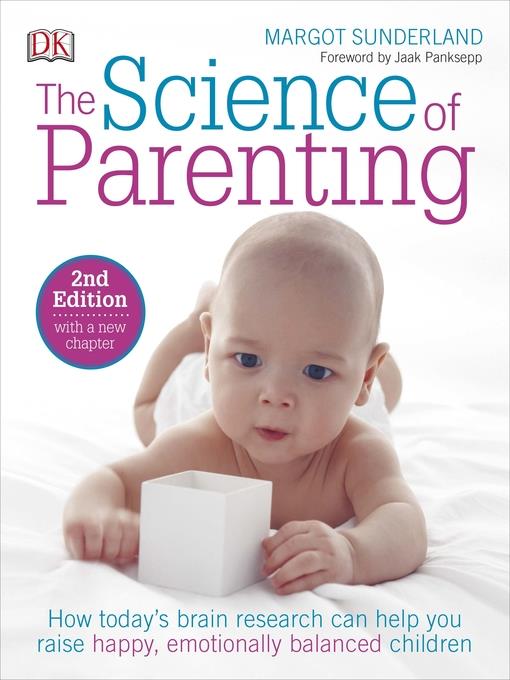
The Science of Parenting
How Today's Brain Research Can Help You Raise Happy, Emotionally Balanced Children
چگونه امروزه تحقیقات مغز میتواند به شما کمک کند تا کودکان شاد و متعادل تربیت کنید
کتاب های مرتبط
- اطلاعات
- نقد و بررسی
- دیدگاه کاربران
نقد و بررسی

May 29, 2006
Promoting a research-backed view of the parents-in-charge approach to child rearing, Sunderland's guide is a smart, complete book that never overwhelms. Laid out like a school textbook, with clear organization, copious color photographs and plenty of boldfaced "Key Points," Sunderland's text is upbeat, accessible and encouraging. Advice is both common-sense and well-considered: "each time you help your child think and feel about what he is experiencing, and each time you find the right words for his intense feelings, you are probably helping the development of more sophisticated communication networks in your child's corpus callosum." Sunderland focuses on explaining how the child's underdeveloped brain motivates so-called behavior problems, including "tears and rage" caused when baby's "higher brain is not developed enough to moderate these powerful lower brain systems naturally." One of the most interesting elements of the book is its insight into how a given parenting style affects a child in the long-run, such as the idea that "being left to cry means a child learns that he is abandoned just at the time when he needs help" and can make him vulnerable to depression and anxiety disorders. Easy-to-use and entirely thorough-covering not just baby care, but mom and dad care too-this is an excellent resource for parents, caregivers and other policy makers.

























دیدگاه کاربران